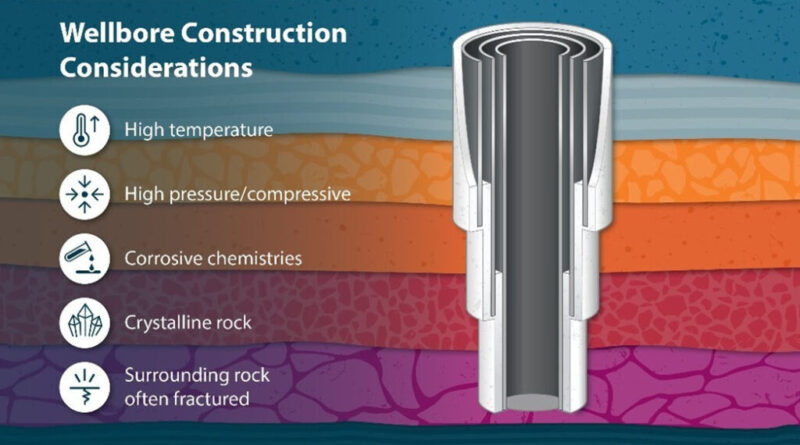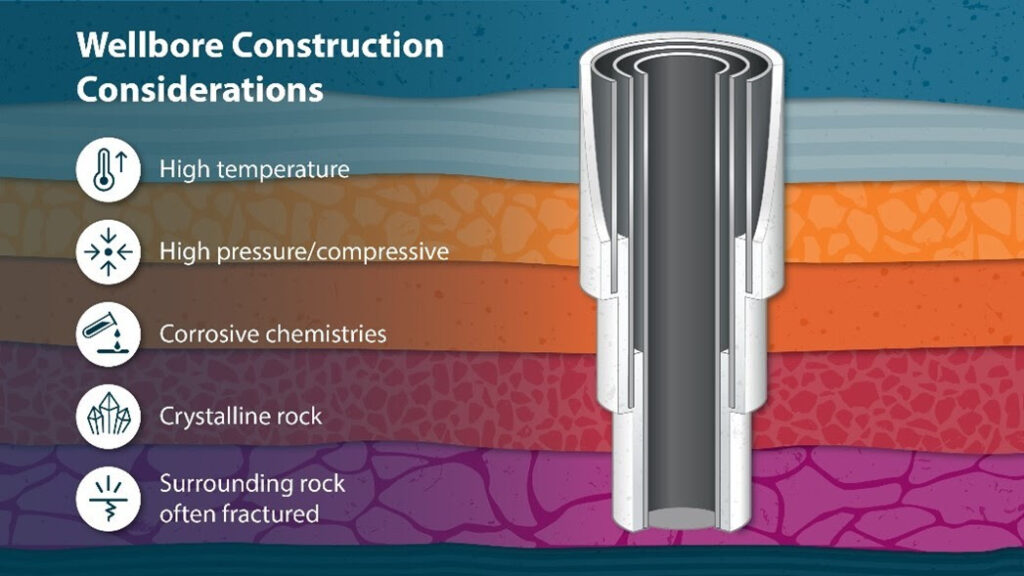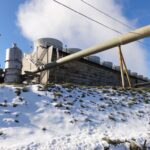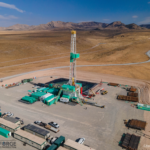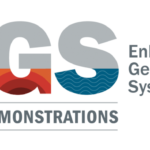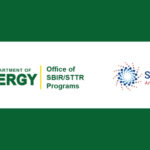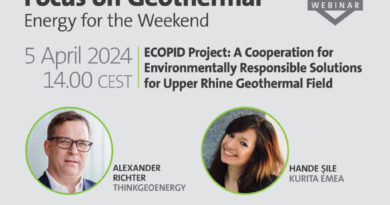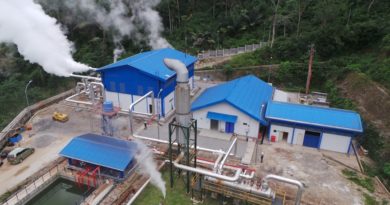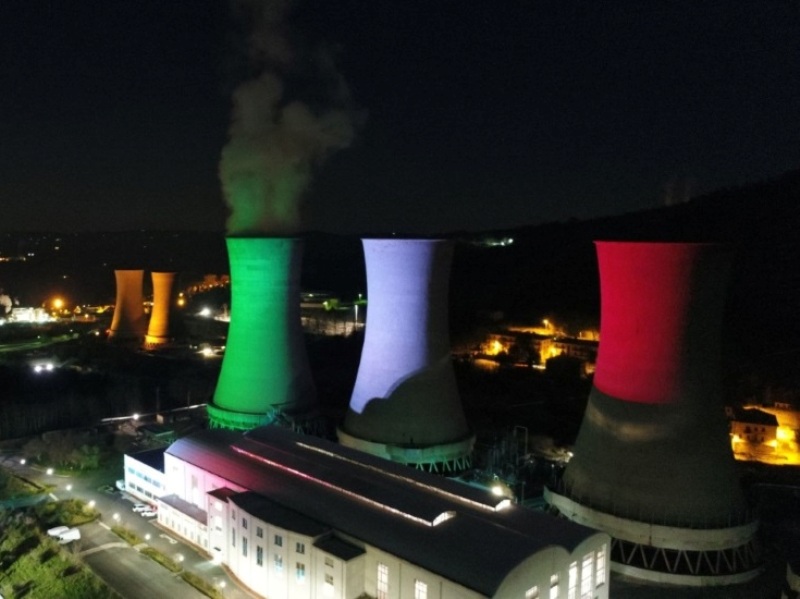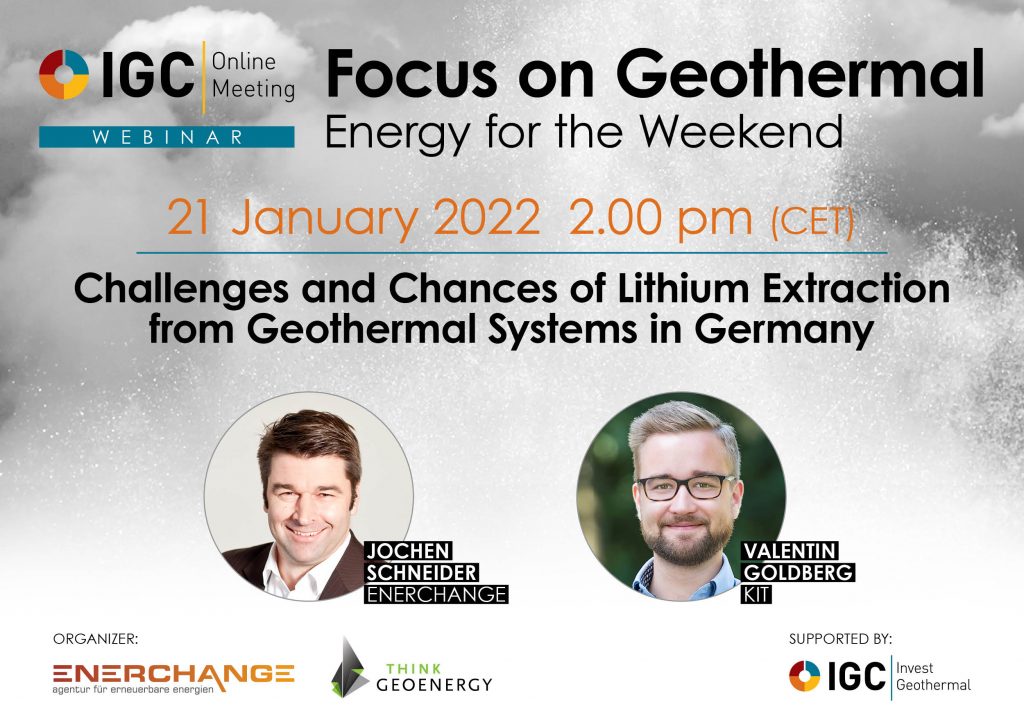US DOE announces $31M funding for geothermal wellbore construction, energy storage
Energy Disrupter
The US Department of Energy has announced an investment for research projects that aim to improve wellbore construction for Enhanced Geothermal Systems.
The US Department of Energy has announced a total investment of USD 31 million for six projects that aim to advance geothermal energy deployment. Five projects address the need for improved wellbore constructions in enhanced geothermal systems (EGS), while one project seeks to demonstrate the use of reservoir thermal energy storage (RTES) for industrial processes.
Funding for these projects will be under the DOE’s Geothermal Technologies Office in the Office of Energy Efficiency and Renewable Energy.
Wellbore construction
To tap into the full potential of EGS, methods for wellbore construction must be improve to make construction and operations less costly. Improving methods to build those wells and assess their performance can reduce costs for EGS and other geothermal power generation technologies, helping make geothermal electricity a clean, cost-effective option.
The selected wellbore construction projects are:
- Clemson University (Clemson, SC): Will develop an AI-enabled, photoacoustic imaging tool for high-temperature and high-pressure well logging to assess geothermal well integrity without active cooling.
- Innovative Downhole Solutions, Inc. (Houston, TX): Will develop a durable ultrasonic measurement tool capable of operating for 24 hours in high-temperature geothermal environments to assess wellbore construction materials and practices.
- Lawrence Berkeley National Laboratory (Berkeley, CA): Will develop a tool for geothermal borehole integrity evaluation, designed to assess wellbore integrity in extreme conditions without the need for downhole electronics.
- Los Alamos National Laboratory (Los Alamos, NM): Will develop a high-resolution acoustics-based tool to provide high-fidelity data for evaluating EGS components under extreme conditions.
- Schlumberger Technology Corporation (Houston, TX): Will develop a wireline tractor-conveyed system for long-term integrity modeling of cement and casing.
Reservoir thermal energy storage
As opposed to traditional energy storage batteries, which typically store electrical energy, reservoir thermal energy storage (RTES) technology can store thermal energy directly in underground reservoirs for 100 or more hours without the need for electricity. RTES can be an important solutions for industries that consume most of their energy as heat for transforming materials into useful products, such as in chemicals and food production.
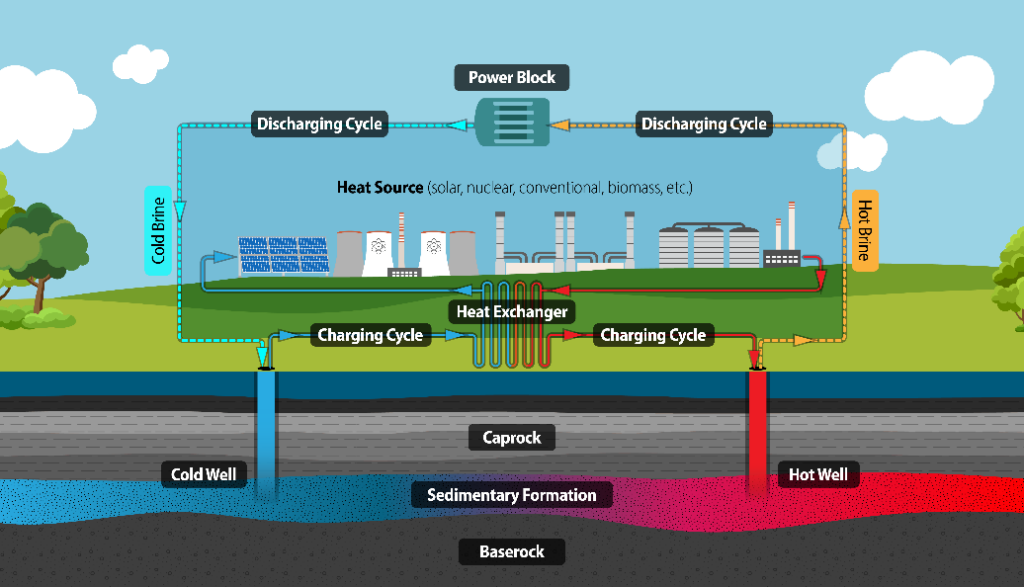
The RTES demonstration project will illustrate this technology’s capabilities to decarbonize the industry and help drive the nation towards a net-zero-emissions economy by 2050. The selected RTES demonstration project is:
- Project Development Solutions, Inc. (Bakersfield, CA): Will pilot an RTES demonstration project at Kern Front Oil Field in Bakersfield, pairing subsurface geothermal reservoirs with a steam system and process heat off-taker.
Source: US Department of Energy

